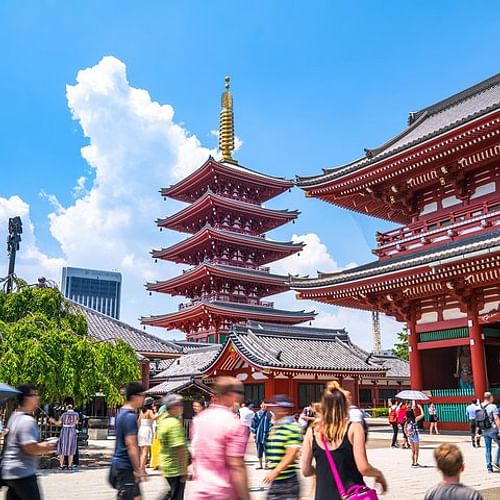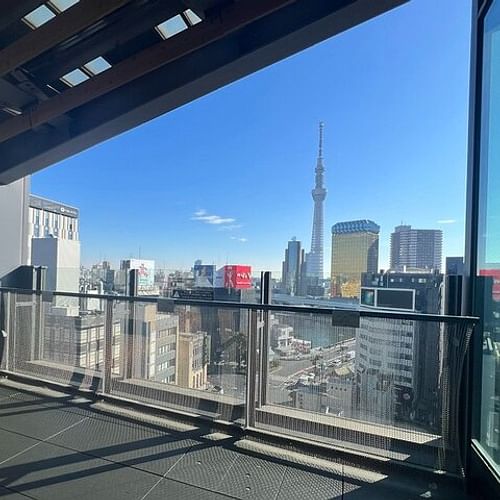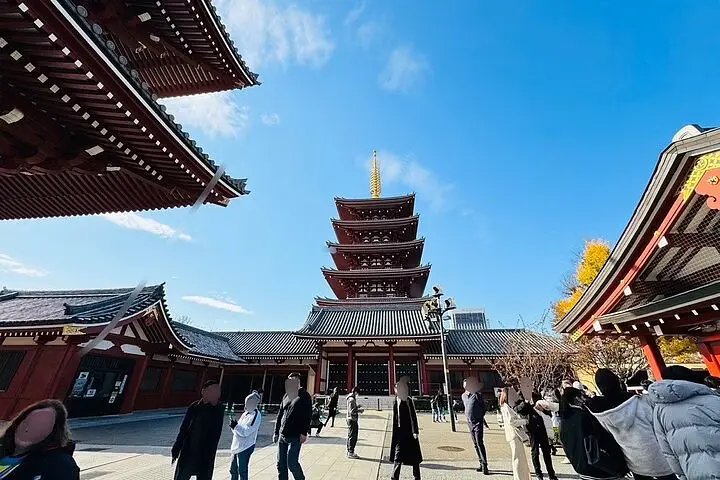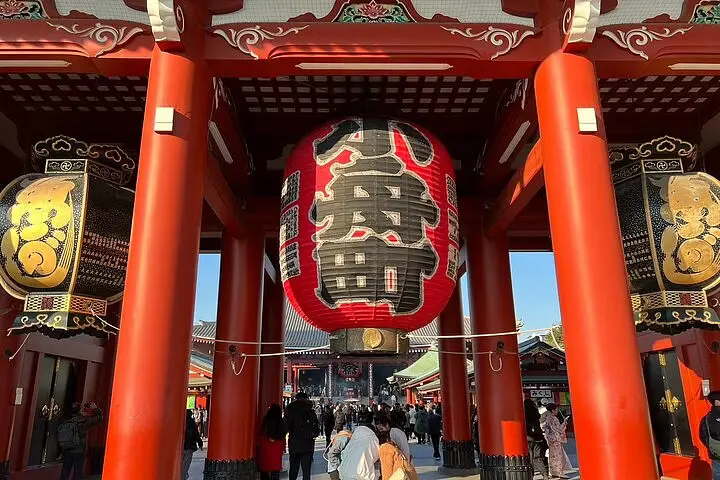Temples, the serene and sacred spaces that dot Japan's spiritual landscape, are a testament to the nation's rich Buddhist heritage and the enduring quest for enlightenment. These architectural wonders, with their graceful curves, intricate carvings, and tranquil gardens, have stood as beacons of wisdom, compassion, and inner peace for over a millennium. Each temple tells a unique story, from the ancient teachings of the Buddha to the lives of the countless monks, scholars, and devotees who have sought solace and guidance within their walls. As you step into the hushed sanctuaries and incense-filled halls of Japan's temples, you'll embark on a journey of self-discovery and spiritual awakening, connecting with the timeless truths and profound beauty that have shaped the nation's soul.
16 tours & activities found
Sort by price

Tokyo・2 hour
From
per person

Tokyo・3 hour and 30 minutes
From $ 61.38
per person

Tokyo・2 hour
From $ 61.38
per person

Tokyo・1 hour
From $ 72.76
per person
Show more
Japan is home to an estimated 80,000 temples, representing a diverse array of Buddhist schools, architectural styles, and spiritual practices. While each temple has its own unique history and character, they all share common features and elements that define the essence of Buddhist worship and contemplation. Some key aspects of Japanese temples include:
Some of the most famous and historically significant temples in Japan include:
To fully immerse yourself in the world of Japanese temples, consider participating in guided tours, meditation sessions, or cultural workshops offered by many temple communities. Some temples also provide lodging in traditional temple quarters (shukubo), allowing visitors to experience the simple, contemplative lifestyle of Buddhist monks.
Embark on a spiritual odyssey through the heart of Japan by booking your temple experience today. As you explore these sacred sanctuaries, you'll not only gain a deeper understanding and appreciation of Japan's Buddhist heritage but also discover a wellspring of inner peace, wisdom, and enlightenment. Get ready to step into a realm where the material and the ethereal converge, where every stone, every chant, and every moment of stillness reveals the profound truths that lie at the core of our being.



77
tours & activities
29
tours & activities
22
tours & activities
17
tours & activities
16
tours & activities
8
tours & activities
8
tours & activities
6
tours & activities
6
tours & activities
6
tours & activities
5
tours & activities
5
tours & activities
4
tours & activities
3
tours & activities
3
tours & activities
2
tours & activities
2
tours & activities
1
tours & activities
1
tours & activities
1
tours & activities